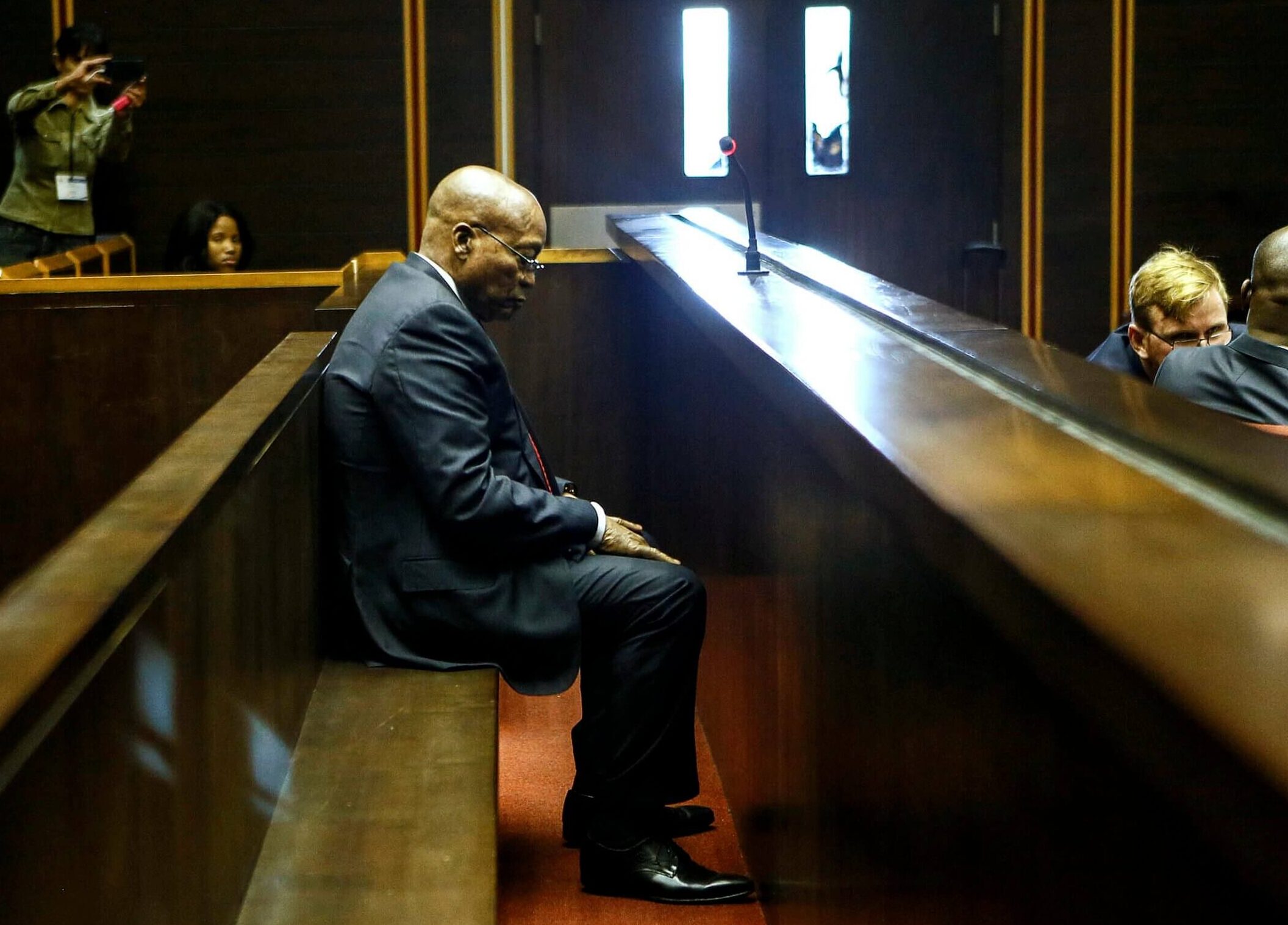As Qatari-mediated ceasefire talks continue in Doha, a leaked Israeli proposal to forcibly relocate Gaza’s 2.1 million Palestinians into a secured “humanitarian city” in Rafah has ignited international condemnation.
Defense Minister Israel Katz’s plan – revealed during internal negotiations – would require mass displacement under IDF surveillance, with civilians security-screened and prohibited from leaving what human rights organizations are calling a “21st-century concentration camp” .
Katz’s proposal, obtained by Israeli media, outlines four phases which includes forced evacuations (where 600,000 Palestinians initially moved from northern Gaza to Rafah’s ruins), perimeter control (where IDF snipers and drones are employed to enforce “security zones” around the camp), quota system (where daily calorie intake and medical supplies rationed by international NGOs) and emigration push (where “voluntary” transfers abroad are promoted through aid restrictions).
This plan has divided Israel’s war cabinet, with IDF Chief of Staff Lt. Gen. Eyal Zamir reportedly clashing with Netanyahu over its legality. Already, sixteen Israeli international law experts have condemned it as violating the Geneva Convention’s prohibitions against forced population transfer.

Military Dissent and the Fracturing of Israeli Consensus
The proposal has triggered unprecedented backlash within Israel’s military. Over 1,200 IDF veterans have signed refusal petitions and Southern Command officers have warned of “moral bankruptcy” in internal memos. In addition, relatives of Hamas captives fear the plan jeopardizes ceasefire talks.
Yotam Vilk, a decorated tank commander turned dissenter, told the BBC: “When your defense minister drafts plans worthy of apartheid South Africa, you don’t need enemies”.
The Global Backlash
International response has been swift:
- In the UK, the Middle East Minister Hamish Falconer condemned “shameful territorial reduction”
- In the UN, Guterres warned against “forced urbanization” violating international law
- In the EU, sanctions are being drafted, targeting officials involved in displacement planning
Qatari mediators have reported that the proposal has hardened Hamas’ position in Doha talks, with the group now demanding binding guarantees against ethnic cleansing as part of any deal.
What Comes Next?
As the July 15 ceasefire deadline approaches, three scenarios loom: Prosecutor Karim Khan may fast-track arrest warrants for displacement planners, US President, Donald Trump might order military aid to abandon the proposal and Palestinian digital activists may geotag homes to deter demolition crews.
The plan’s ultimate fate may hinge on whether Netanyahu prioritizes hostage recovery over territorial ambitions; and whether the world treats forced urbanization as the war crime legal experts insist it is.

















